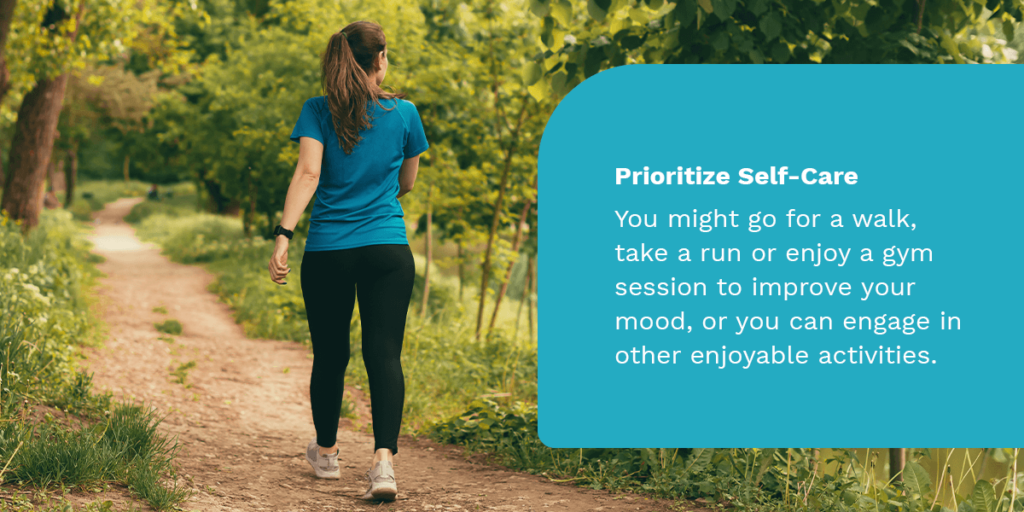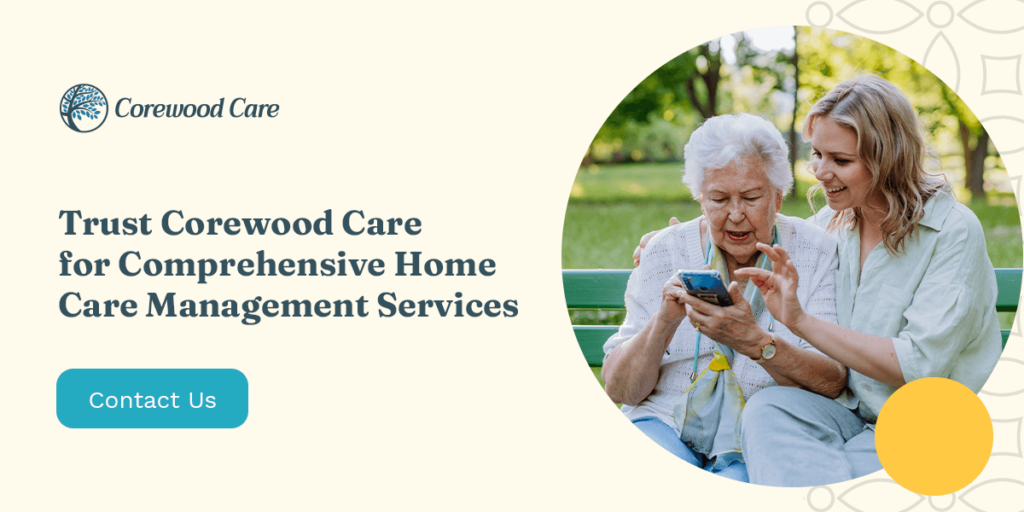Understanding and Preventing Caretaker Fatigue

You became a caretaker out of love and duty to a family member, friend or relative. You want the best for them and will give everything to help them live comfortably. However, what happens when caretaking duties become overwhelming and interfere with your role as a parent, spouse or friend?
If you overexert yourself, you may not be able to provide optimal care. You can become stressed, frustrated and ultimately exhausted. The name for these feelings is caretaker fatigue. Understanding caretaker fatigue is vital for healthily managing your responsibilities and preventing burnout.
What Is Caretaker Fatigue?
Caretaker fatigue describes feeling physically and mentally exhausted due to caring for a family member or friend. Looking after someone can be a delicate and demanding task. They might require 24-hour support, including personal, home and medical care.
Without proper support, balance and boundaries, caretaking can feel overwhelming. You might feel overstretched and tired, leading to poor mental and physical health. While you can support and care for your friend or relative, you must also care for yourself. Here are some common causes of caretaker fatigue:
- Taking on more than you can handle on your own
- Feeling defeated or angry about not being able to provide suitable care
- Focusing all your time and effort on caregiving and neglecting other priorities
Signs of Caretaker Fatigue
Caring for a parent, friend or relative can be an enormous responsibility. When caretaking becomes too much for you alone, it can impact your mood, actions, physical and emotional health, and eating and sleeping habits. Here are some common symptoms and signs of caretaker fatigue:
Anxiety
Anxiety leaves you feeling stressed or anxious about the day or tasks ahead. You might find it challenging to relax or enjoy other tasks after completing your caretaking duties. You could also feel worried about your family member or friend’s well-being when you’re not around.
Depression
The responsibility of caring for someone else can impact your mental and emotional health. Although caretaking can feel overly demanding, you may also feel guilty about setting boundaries. You might feel stuck between your caretaking duties and wanting time for yourself. This conflict can affect your mental and emotional well-being and lead to depression. Signs of depression can include:
- Snapping at someone or becoming easily irritated.
- Feeling powerless, sad and defeated.
- Experiencing sudden or frequent crying spells.
- Having difficulty sleeping at night.
- Feeling constantly exhausted and sleeping more than usual.
Poor Eating Habits
Taking care of someone can be consuming. While caring for another person, you might skip meals or overeat regularly. Emotions and stress can impact your eating patterns, causing you to gain or lose weight.
Concentration Issues
Focusing on work, family, hobbies or watching TV can be challenging if you’re facing caretaker burnout. You might find it difficult to focus on your other responsibilities or follow through on daily tasks.
Mood Changes and Intrusive Thoughts
When dealing with caretaker burnout, your moods may change uncontrollably, and minor inconveniences can trigger frustrated or angry outbursts. You might feel down or discouraged one minute and irritable the next. You may also start resenting your relative or friend, leading to intrusive thoughts.
Weakened Immune System
Stress and burnout can affect your physical health and resistance to illnesses like the flu and the common cold. You might get ill often and find it challenging to recover.
Self-Neglect and Avoiding Socializing
Intense stress can cause you to stop doing things you enjoy, like going to the gym, reading or watching TV, because you’re fixating on your relative or friend’s needs. You might also neglect needs like grooming, attending doctor appointments, vacationing or going out with friends and could find yourself spending more time alone.
How to Prevent Caregiver Fatigue in Maryland
When you recognize the signs of fatigue, you can mitigate burnout. Here are some ways to prevent caretaker fatigue.
Prioritize Self-Care
Making time for yourself is vital for maintaining your mental and physical well-being. You can be more present and provide better care for someone when you feel energized, healthy and motivated. You might go for a walk, take a run or enjoy a gym session to improve your mood, or you can engage in other enjoyable activities. Whether you like reading, listening to music or meditating, prioritizing self-care outside your caretaking tasks is essential.

Write It Down
While voicing your feelings can be challenging, it can help you work through and understand your emotions. Journaling is an excellent way to release your feelings healthily. You can set a time to write down your feelings or emotions daily so they don’t become too overwhelming.
Take Breaks
Taking a break from your caretaking responsibilities is essential. Taking breaks can help you refocus and feel more ready for tasks ahead. For example, you can take lunchtime or weekends off. You can also arrange for another family member or friend to help while you take a holiday, or you can get help with respite or temporary care services.
Prioritize Nutrition and Healthy Eating
A nutritious diet can help you feel more energized and strengthen your immune system. Eat at regular times and prep meals ahead of time to prevent missing meals. Adding more vitamins, minerals, fruits and vegetables to your diet can also enhance your physical health.
Get Support
Getting professional help for your mental well-being can help you deal with stress and emotions. You can speak with a therapist that specializes in family caretaking. Talking to people in your position is also an excellent support solution. You can join a support group and get helpful advice and tips for coping with different scenarios and feelings.
How to Care for a Family Member in Bethesda, Maryland
You can care for a family member with help from respite and caregiver support programs. Here are some resources for caregivers in Bethesda, Maryland.
Respite Care Program
The Department of Human Services offers reimbursement for caregivers. They also provide temporary care services when family members need a break or face an emergency. Respite services can include care for children, adults and older adults with disabilities. You can apply to see if you’re eligible for respite care services in Maryland.
Holy Cross Caregiver Support Group
The Holy Cross Health Caregiver Resource Center offers educational resources like newsletters and support for caretakers. They also have caregiver support groups, providing a space for children, spouses, friends and relatives to share information and support regarding caretaking.
Aging and Disability Resource Unit
The Aging and Disability Resource Unit offers helpful in-person and over-the-phone resources and advice for people with disabilities, older adults and caretakers. The unit can provide help with transportation and support services.
Alzheimer’s Association
The Alzheimer’s Association offers a support group to educate caretakers on living with persons with Alzheimer’s. Trained volunteers lead the group, providing advice on caring for your relative or friend with Alzheimer’s.
Trust Corewood Care for Comprehensive Home Care Management Services
If you’re facing caretaker fatigue in Bethesda, Mayland, Corewood Care can help. Corewood Care offers care management services individualized to each person’s needs. Our multidisciplinary team can provide respite, personal care, companion care, in-home care and older adult care services.
We know how important it is to get suitable care and assistance for your parents, friends or extended relatives. That’s why we provide 24-hour care, including meal prep, light housekeeping service, companionship and emotional care, personal hygiene assistance, and overnight supervision. You can have peace of mind that the person you’re caring for will have professional and around-the-clock care while you’re away.
Contact us today to schedule a free home care assessment.





